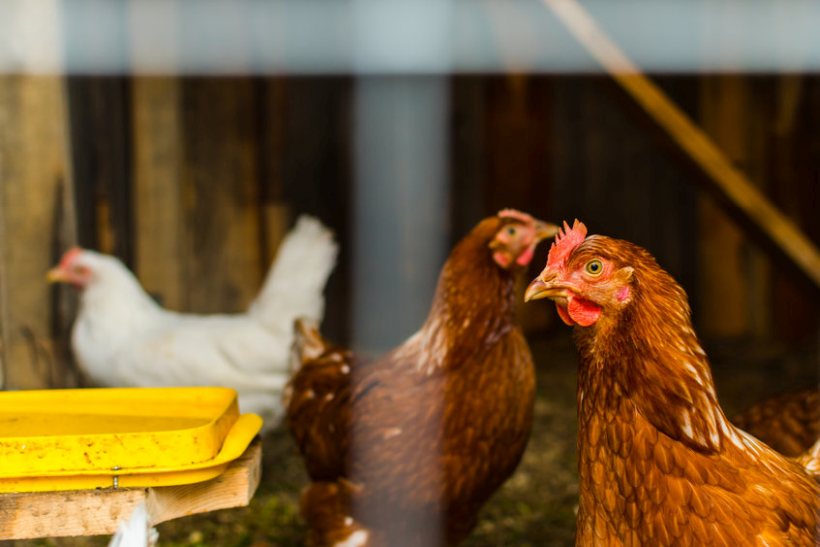
The number of confirmed bird flu cases have now reached 50 in England alone, as the UK continues to see its 'largest ever' avian influenza crisis.
Concern is growing among the government and the poultry sector as the highly-infectious bird disease continue to spread.
Hundreds of thousands of birds have been culled as a result of the 50 confirmed outbreaks in England alone, all recorded as being of the H5N1 strain and highly-pathogenic.
It comes as Defra confirmed on Thursday (16 December) four new cases on poultry farms in England. All birds have since been culled.
Affected sites include two near Alford, Lincolnshire, one in Thirsk, North Yorkshire and a premise near Market Bosworth, Leicestershire.
A 3km Protection Zone and 10km Surveillance Zone have been put in place around the premises, the department said.
And on Wednesday, avian influenza was confirmed in poultry and captive birds, at a site near Wem, Shropshire.
In Scotland, there has been five outbreaks of highly-pathogenic bird flu since late October, and in Wales there has been three.
Northern Ireland has so far reported two cases, but another two outbreaks of avian influenza are currently being investigated.
NI's farming minister Edwin Poots explained that the province was seeing the worst outbreak of avian influenza to date.
Cases were recorded in a commercial poultry flock of 14,000 birds in Co Armagh and a commercial duck flock of 22,000 in Co Tyrone.
“I am once again imploring all flock keepers to check their biosecurity steps today. If you checked them yesterday, check them again," he said.
"You can never be too careful, too vigilant or too cautious. Avian Flu has the ability to get into your holding with just one small lapse in standards.
"Excellent biosecurity is key to protecting your flock whether that be a small backyard holding or a large commercial premises. Don’t let it happen to you."
The UK's chief veterinary officer, Christine Middlemiss recently agreed to bring in mandatory housing measures to protect poultry and captive birds.
The tougher rules, which came into force on 29 November, means that it is a legal requirement for all keepers across the UK to keep their birds indoors.
They build on the strengthened biosecurity regulations that were brought in across Britain as part of the Avian Influenza Prevention Zone (AIPZ) on 3 November and in Northern Ireland on 17 November.
Defra Secretary George Eustice said the virus had hit poultry producers particularly badly this year.
Wild birds migrating to the UK from mainland Europe during the winter months can carry the disease and this can lead to cases in poultry and other captive birds.
“Each year, the UK faces a seasonal risk in incursion of avian influenza associated with migratory wild birds," he said to MPs in the House of Commons.
"While we have that each year, I have to say this year we are now seeing the largest-ever outbreak in the UK.”
Public health advice remains that the risk to human health from the virus is very low and food standards bodies advise that it poses a very low food safety risk for consumers.
